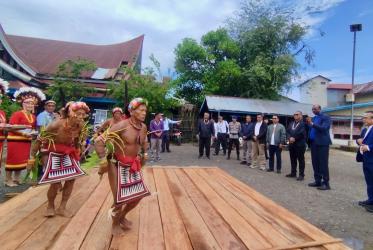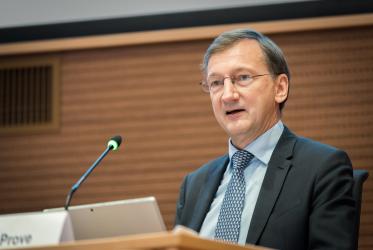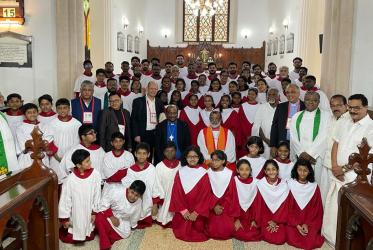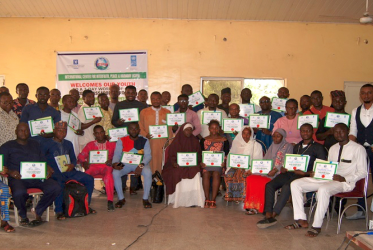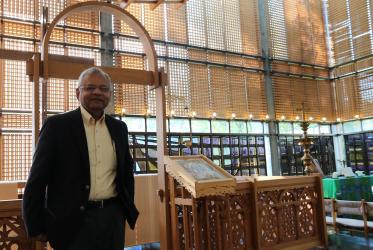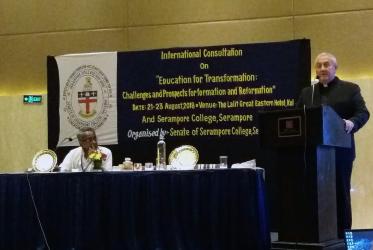Displaying 1 - 20 of 58
05 February 2024
WCC mourns passing of Prof. Vuyani Vellem
09 December 2019
In Korea, young ‘stewards of hope’ forge ahead together
19 September 2019
Peace is common denominator of all major religions
05 March 2019
